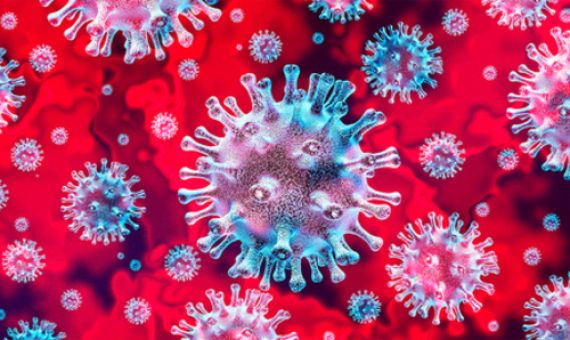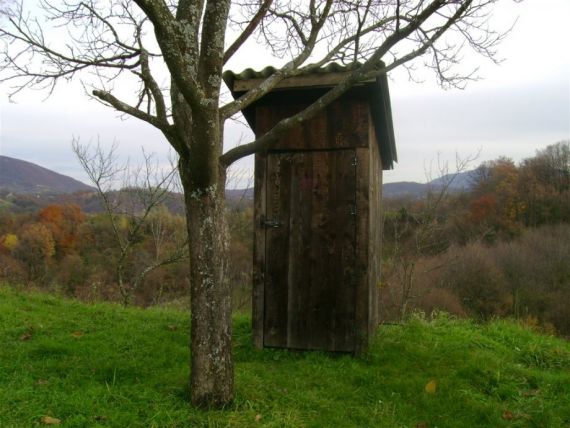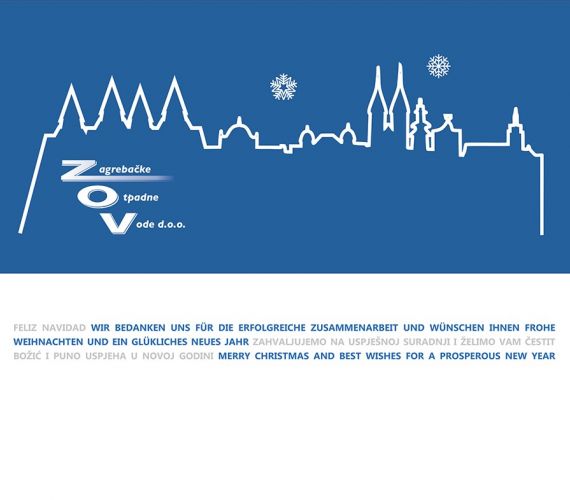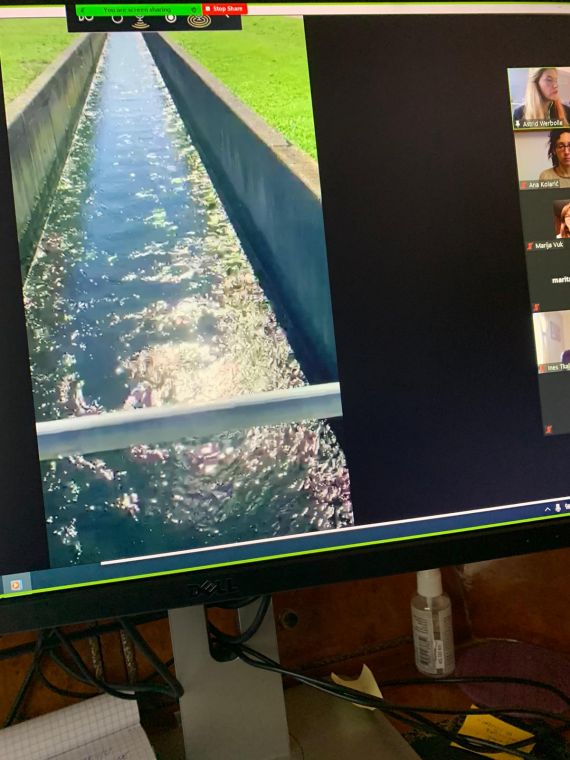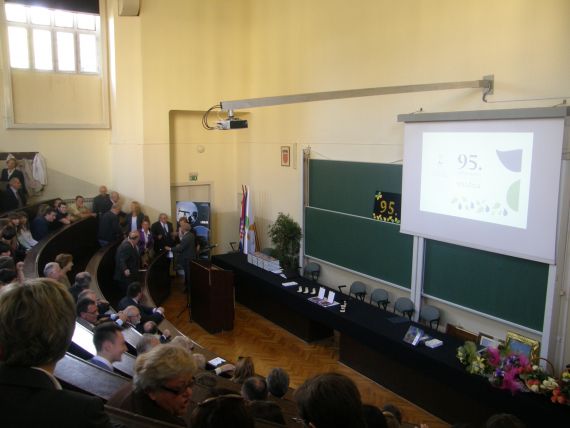Published: 24.11.2020.
The article was edited and published by Andrea Božić
The Croatian Institute for Public Health, in cooperation with Zagreb Wastewater, Inc. (ZOV), has launched a wastewater monitoring project in response to the COVID-19 pandemic.
The project is being implemented through cooperation with the Office of the World Health Organization in the Republic of Croatia, and is funded by the German government.
Wastewater-based epidemiology (WBE) is the analysis of wastewater to determine the presence of biological or chemical agents for public health monitoring purposes. This approach has previously been used to detect the presence of pharmaceutical or industrial waste, drugs, viruses, and the potential occurrence of antibiotic-resistant bacteria. Recent research has shown that the detection of SARS-CoV-2 coronavirus in wastewater can help monitor the COVID-19 pandemic. RNA wastewater testing from SARS-CoV-2 is already being carried out in several countries in the world, including some of the EU member states, such as Italy, the Netherlands, Hungary, Spain and France.
The SARS-CoV-2 virus, which causes COVID-19, can be excreted from the body through the feces of people with COVID-19, but also other bodily secretions that end up in wastewater or sewage. Since SARS-CoV-2 can be excreted in the feces of persons with a symptomatic or asymptomatic infection, wastewater monitoring can collect data on both types of infection.
Although epidemiology based on wastewater cannot determine which persons are infected, it still has several advantages over patient screening. For example, SARS-CoV-2 RNA can be detected in human feces several days to a week before the onset of symptoms. To date, published scientific studies have shown that wastewater monitoring can predict the outbreak of COVID-19 even before individual patient testing and hospital admission. In this way, wastewater testing can be used as an early warning tool. One wastewater sample can provide data on the average infection rate of thousands of people. Therefore, the obtained and pooled data may be particularly informative for areas with low clinical rates of testing for COVID-19. Instead of individually testing thousands of patients, collecting and testing a small number of wastewater samples is much more cost-effective in obtaining data on an entire population. Continuous wastewater monitoring can be used to identify trends in current outbreaks, identify new outbreaks, and indicate the prevalence of infections.
Data from wastewater testing from the Central Wastewater Treatment Plant of the City of Zagreb that will be collected in the project is intended to supplement existing COVID-19 surveillance systems and to help epidemiologists better understand the extent of COVID-19 infection in and around Zagreb.
The first step in the project to detect SARS-CoV-2 in Zagreb wastewater will focus on defining the sampling protocol and developing a method for the detection and quantification of SARS-CoV-2 in wastewater.
The ultimate goals of the project are:
- to establish wastewater testing as an early warning tool and an additional public health tool for understanding the spread of COVID-19 in the population
- to collect data on the average infection rate in the population through SARS-CoV-2 monitoring of wastewater
- Continuous monitoring of SARS-CoV-2 in wastewater will be used to identify trends in current outbreaks, identify new outbreaks, and prevent infection.
The start of sampling and the establishment of a method to detect and quantify SARS-CoV-2 in wastewater is planned for the end of November and the beginning of December. The first large-scale sampling is planned for mid-December. The first results are expected in late December and early January.
Author: Astrid Werbolle

